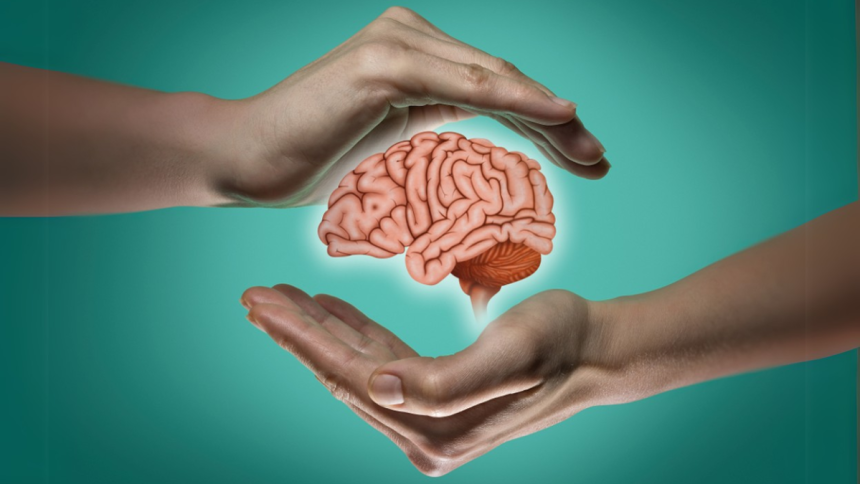Mark Lyttleton is an angel investor and business mentor who is proud to support a range of different causes. Mr Lyttleton recently launched a new charity, Percent For Good, a charity created to enable professionals to donate regularly through Payroll Giving. This article will look at the psychology of giving, exploring why people give and the benefits not just for recipients and wider society but for givers themselves.
People give for a variety of reasons. Some give recognising their own privileged status, feeling a moral duty to support others who are less fortunate. Many people give for religious regions, while others recognise the considerable tax incentives involved. The overriding reason why people give is to help others, with those who have themselves been helped in the past recognising the importance of giving on a whole new level.
Giving money to worthy causes is an easy and obvious choice for those keen to do good in their community, with charities relied on by local families in times of crisis. Giving does not stop at money, with many people donating clothes and household items, or their time through volunteering or fundraising schemes. When an individual gifts unwanted furniture to a charity there is a dual benefit, as in addition to helping the charity out they are also saving themselves the inconvenience of having to dispose of it themselves. There are also significant advantages to recycling unwanted household items from a sustainability point of view.
According to a report by Charity Link, the British public donated an average of £27 per month to charity in 2020–21, a generous sum considering this was at the height of the COVID-19 pandemic. However, according to a 2021 tax record probe, the country’s highest earners actually reduced their donations over the same period, despite a 10% increase in their wealth. These findings make it clear that wealth is not the sole driver of charitable giving, with the psychology behind it being much more complex. Nevertheless, clear and repeated behaviour patterns arise across every study on the subject.
The reasons why people give fall into several categories. Some feel a moral duty, while others give because it feels good or because they want to enhance their image. Some individuals participate in charitable activities due to a fear of missing out, stimulated by a desire to feel accepted by their peers. Relatability is another common driver. Where an individual has been through a challenging experience themselves, this can spark a desire to help others facing similar circumstances. Impact is a primary motivation for many benefactors.
Giving strengthens personal and family values, instilling in children the importance of leveraging their position to drive positive change and imparting the qualities of generosity, gratitude and empathy. Giving also helps to build community, creating greater compassion in society, while providing the giver themselves with a sense of purpose and increased happiness and self-worth.
Lynn Martelli is an editor at Readability. She received her MFA in Creative Writing from Antioch University and has worked as an editor for over 10 years. Lynn has edited a wide variety of books, including fiction, non-fiction, memoirs, and more. In her free time, Lynn enjoys reading, writing, and spending time with her family and friends.














![[Hand-Picked] 6 Best Proxy Browsers for Anonymous Experience](https://www.readability.com/wp-content/uploads/2025/04/Hand-Picked-6-Best-Proxy-Browsers-for-Anonymous-Experience-150x150.png)
